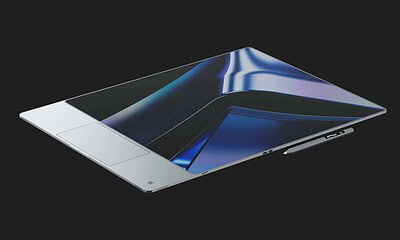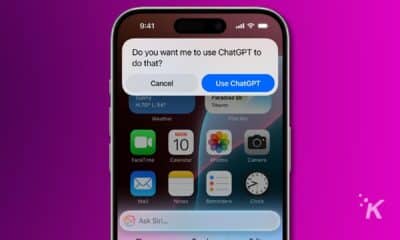Apple
Apple could stick to 3nm chips for iPhone 17, says report
The company will reportedly introduce the 2nm chips with iPhone 18 in 2026.

Just a heads up, if you buy something through our links, we may get a small share of the sale. It’s one of the ways we keep the lights on here. Click here for more.
After its glorious launch event on September 9, the iPhone 16 series has finally started hitting the shelves. Still, the rumor mill is already buzzing with not only iPhone 17 leaks but also iPhone 18, which is slated for 2026.
The latest information comes from revered Apple analyst Ming-Chi Kuo regarding both iPhone 17 and iPhone 18 on X/Twitter.
According to Kuo, Apple will continue using the 3nm fabrication process for the chips in the iPhone 17 models next year. However, the company will introduce the 2nm process later, in 2026, with the iPhone 18.
The processors for 2025 iPhone 17 models will be made by TSMC’s N3P process/3-nanometer technology. The processor for the 2026 iPhone 18 models is anticipated to use TSMC’s 2-nanometer technology. However, due to cost concerns, not all new iPhone 18 models may be equipped with a 2-nanometer processor.
The analyst further speculates that Apple will reserve the 2nm chips for the iPhone 18 Pro and 18 Pro Max models, while the vanilla iPhone 18 models will be stuck with 3nm chips, likely due to cost reasons.
Even if iPhone 17 gets 2nm chips, they will be reserved for the iPhone 17 Pro models

The primary difference between the 2nm and 3nm chips is the number of transistors. The 2nm chips can house more transistors than the 3nm chips, making them more efficient and delivering better performance and power.
Also, it was early rumored that Apple would reserve all of TSMC’s 2nm chip capacity for the iPhone 17 series.
While Apple introduced the A18 chips to all iPhone models this year due to Apple Intelligence, so we assume the Cupertino firm will return to its usual trend next year.
So, even if the iPhone 17 series gets the 2nm chips, they will likely be reserved for the more expensive iPhone 17 Pro models.
Either way, we have no option but to wait and see what happens.
What do you think about this new differentiation we could see between the regular and Pro iPhones? Would you get the Pro iPhone just for the more advanced chip process? Let’s talk below in the comments, and make sure to keep in touch with us via our Twitter or Facebook.
































